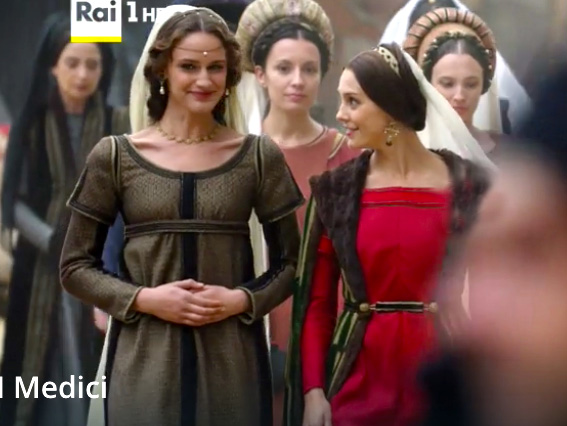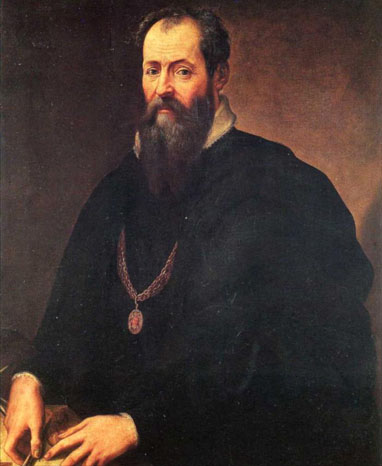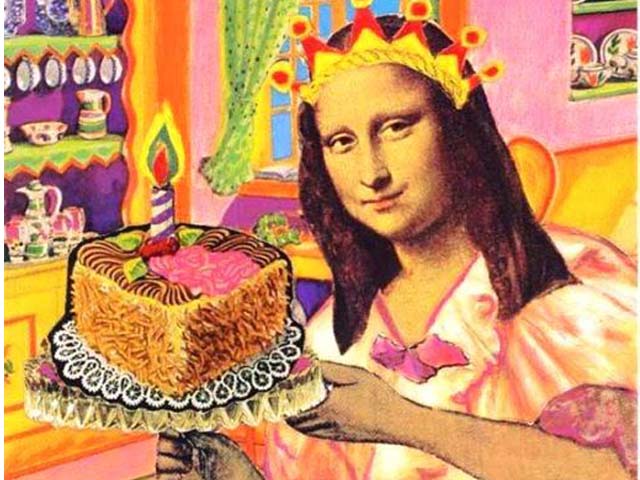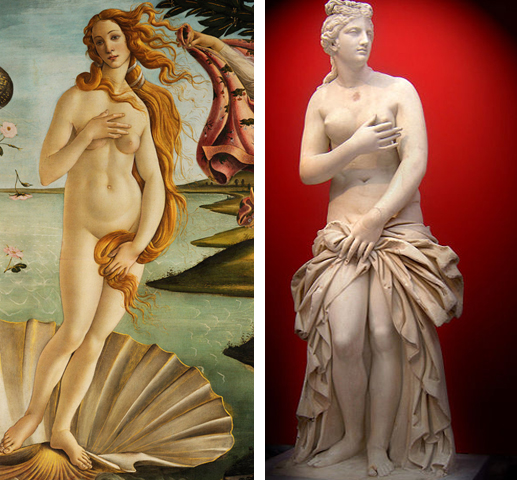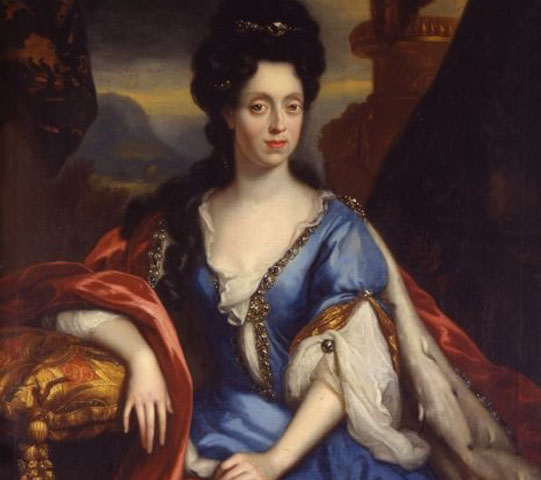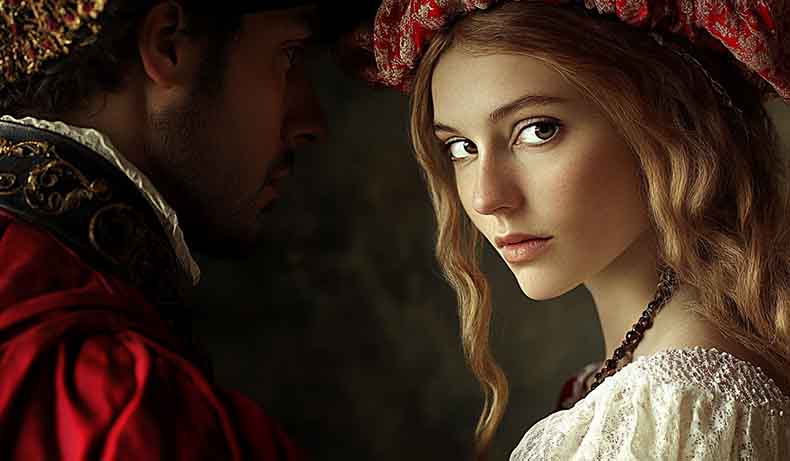
Laura and Petrarca: Immortalizing Unrequited Love
Unrequited love lasts forever
You know Heathcliff and Cathy. You already know about Scarlett O’Hara and Ashley Wilkes, as well as Dante and Beatrice. Perhaps you also recall Charlie Brown’s love for the Little Red-Haired Girl. But have you heard the story of Laura and Petrarca?
The story of Laura and Petrarca is also one of unrequited love: a feeling discovered but never openly revealed. It is a love that offers immense joy and aching desires, yet inflicts profound anguish because it cannot be fulfilled.

Come affrontare l’amore non corrisposto? Con l’arte!
How to deal with unrequited love? Through art!
Poeti e artisti, sopraffatti da queste emozioni, si rifugiano nella scrittura e nella pittura per esprimere il loro tormento. Nel caso di Petrarca, l’amore per Laura lo portò a scrivere più di 300 sonetti, ispirando poeti in tutta Europa come Shakespeare, Sidney e Spenser.
Poets and artists overwhelmed by these emotions turn to writing and painting to express their turmoil. In Petrarca’s case, his love for Laura led him to write over 300 sonnets, inspiring poets across Europe such as Shakespeare, Sidney, and Spenser.
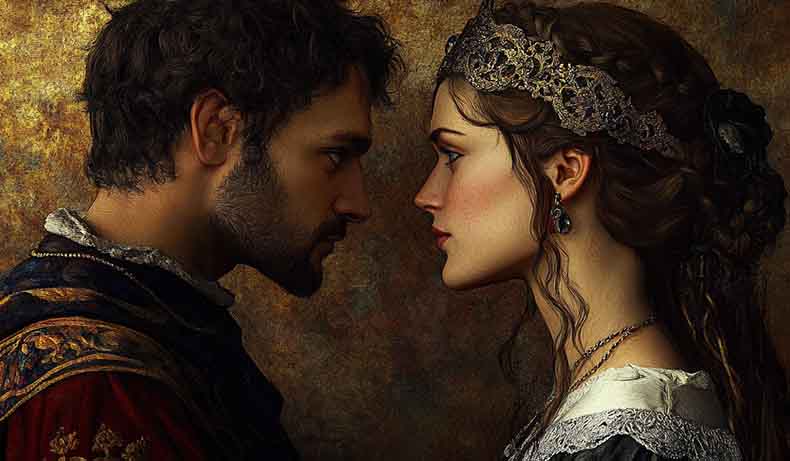
Il padre del Rinascimento Italiano: un innamorato disperato
The Father of the Italian Renaissance: A Love-Stricken Fool
Nato ad Arezzo, in Italia, nel 1304, Petrarca abbandonò la carriera legale per dedicarsi alla scrittura e agli studi umanistici. La sua riscoperta e traduzione delle lettere di Cicerone gli valsero il riconoscimento come figura chiave nell’avvio del Rinascimento italiano del XIV secolo. Per contestualizzare la sua vita, Dante era amico di suo padre e Boccaccio un suo stretto compagno. In un’epoca in cui la maggior parte delle persone raramente lasciava la propria città natale, Petrarca viaggiò ampiamente in tutta Europa, e i suoi viaggi, intrapresi per piacere personale, lo hanno portato a essere considerato il primo turista.
Born in Arezzo, Italy, in 1304, Petrarca abandoned a legal career to pursue writing and humanist studies. His rediscovery and translation of Cicero’s letters earned him recognition as a key figure in initiating the 14th-century Italian Renaissance. To contextualize his life, Dante was a friend of his father, and Boccaccio was a close companion. At a time when most people rarely left their hometowns, Petrarca traveled extensively across Europe, and his journeys, undertaken for personal enjoyment, have led many to regard him as the first tourist.
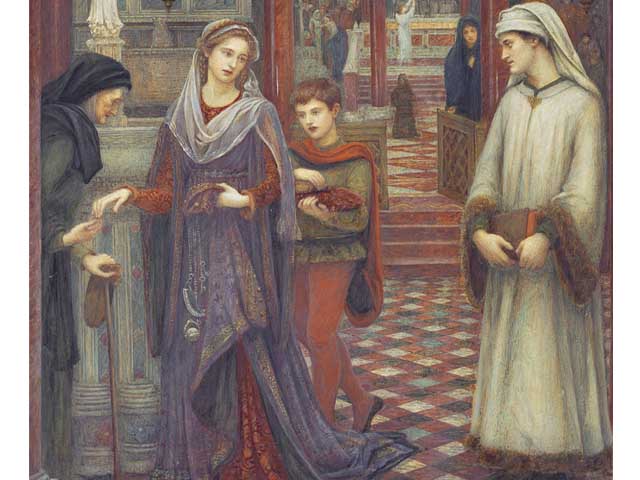
Chi era Laura?
Who Was Laura?
Secondo i documenti storici, Petrarca vide Laura per la prima volta il 6 aprile 1327, nella chiesa di Sainte-Claire d’Avignon, poco dopo la messa di Pasqua. La vera identità di Laura rimane incerta, poiché Petrarca non ne menzionò mai il cognome. La descrisse solo come bella, dai capelli chiari, modesta e dignitosa nei modi. Si ipotizza ampiamente che la misteriosa Laura fosse la moglie del conte Hugues de Sade (un antenato del Marchese de Sade). Se Laura de Sade fosse davvero l’oggetto della devozione di Petrarca, si era sposata all’età di 15 anni e, al momento in cui Petrarca la incontrò, era già moglie e madre di diversi figli.
Historical records indicate that Petrarca first saw Laura on April 6, 1327, in the church of Sainte-Claire d’Avignon, shortly after Easter Mass. Laura’s true identity remains uncertain, as Petrarca never mentioned her surname. He described her only as beautiful, fair-haired, modest, and dignified in demeanor. It is widely speculated that the enigmatic Laura was the wife of Count Hugues de Sade (an ancestor of the Marquis de Sade). If Laura de Sade was indeed the object of Petrarca’s devotion, she had married at the age of 15 and, by the time he encountered her, was already a wife and the mother of several children.
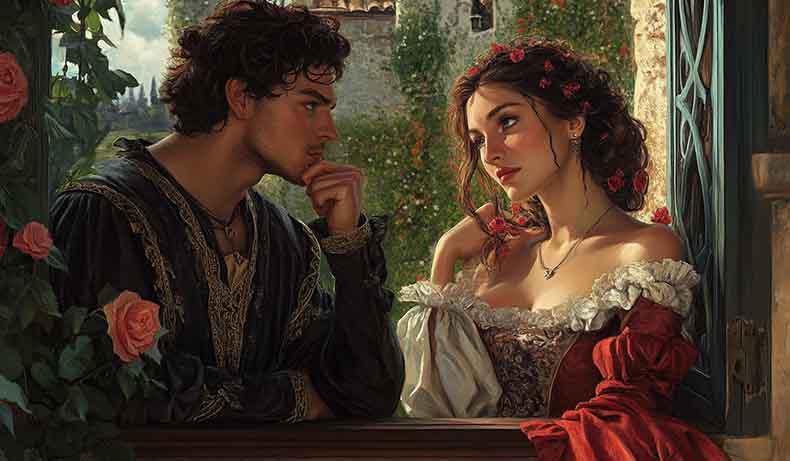
Petrarca trasformò la sua passione non corrisposta in un dono senza tempo
Petrach transformed his unrequited passion into a timeless gift.
Petrarca rimase ossessionato dalla bellezza di Laura per tutta la vita, anche dopo la sua morte all’età di 38 anni, avvenuta il 6 aprile 1348, Venerdì Santo, esattamente 21 anni dopo, alla stessa ora in cui la vide per la prima volta. Sebbene la causa esatta non sia certa, la sua morte fu probabilmente dovuta alla peste o alla tubercolosi polmonare, forse legata agli undici parti che ebbe.
Petrarca would remain haunted by Laura’s beauty for the rest of his life, even after her death at age 38 on April 6, 1348—Good Friday—exactly 21 years to the hour after he first saw her. Though the exact cause is unknown, her death was likely due to the plague or pulmonary tuberculosis, possibly linked to her eleven childbirths.
Amare così profondamente potrebbe essere una maledizione per alcuni, spingendoli alla disperazione. Tuttavia, Petrarca, invece di cedere all’angoscia, trasformò la sua passione non corrisposta in un dono eterno. Attraverso il Canzoniere, i suoi canti d’amore per Laura, il loro legame—sebbene irrealizzato in vita—vive per sempre nei versi della sua poesia.
To love so deeply could be a curse for some, driving them to despair. Yet Petrarca, instead of succumbing to anguish, transformed his unrequited passion into a timeless gift. Through the Canzoniere, his love songs to Laura, their bond—though unrealized in life—endures eternally in the verses of his poetry.
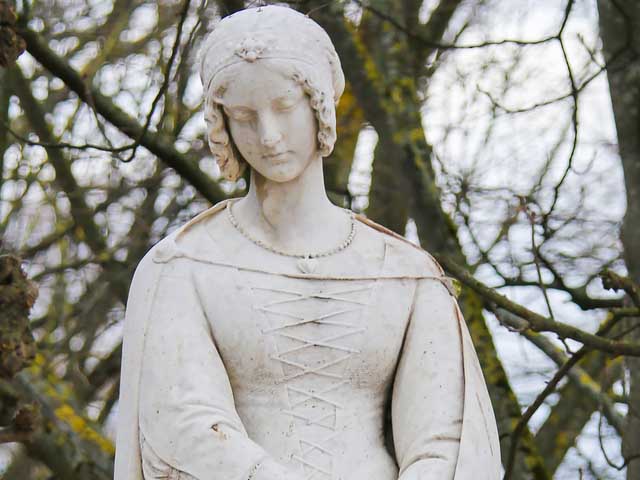
Love sonnet to Laura
di Petrarca
Quando fra l’altre donne ad ora ad ora
Amor vien nel bel viso di costei,
quanto ciascuna è men bella di lei
tanto cresce ‘l desio che m’innamora.
I’ benedico il loco e ‘l tempo et l’ora
che sí alto miraron gli occhi mei,
et dico: Anima, assai ringratiar dêi
che fosti a tanto honor degnata allora.
Da lei ti vèn l’amoroso pensero,
che mentre ‘l segui al sommo ben t’invia,
ch’al ciel ti scorge per destro sentero,
sí ch’i’ vo già de la speranza altero.
_______________o_______________
When Love within her lovely face appears now and again
among the other ladies, as much as each is less lovely
than she the more my wish I love within me grows.
I bless the place, the time and hour
of the day that my eyes aimed their sights
at such a height, and say: ‘My soul,
you must be very grateful that you
were found worthy of such great honor.
From her to you comes loving thought
that leads, as long as you pursue,
to highest good, esteeming little what all men desire;
there comes from her all joyous honesty that leads
you by the straight path up to Heaven
already I fly high upon my hope.
